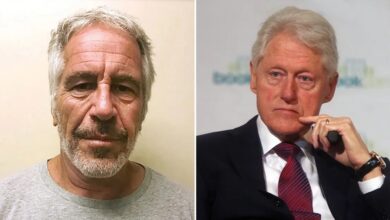China Unexpectedly Cancels Premier’s Annual News Conference
Beijing stated on Monday that the premier of China would no longer conduct a press conference after the nation’s annual legislative gathering. This decision ended a three-decade-long tradition that provided very uncommon opportunities for journalists to speak with senior Chinese officials.

A day before the start of this year’s parliamentary conclave, the decision was made, and many observers saw it as evidence of the nation’s growing information opacity despite the government’s stated commitment to openness and promoting a business-friendly climate.
It also demonstrated how China’s top leader, Xi Jinping, has consolidated power, demoting all other officials to much less prominent positions, including the premier, who is the nation’s second-in-command and in charge of government departments. Many people believe that Li Qiang, the current premier of China, was given this position last year due to his allegiance to Xi.
At a press conference on this year’s parliamentary session, legislator Lou Qinjian said, “Barring any extraordinary circumstances, there won’t be a premier’s news conference in the next few years either.”
Lou provided little information on the decision, other than stating that there will be more Q&A sessions with lower-level authorities.
Discussions over the shift were strictly controlled by censors on Chinese social media. Many official news headlines on the announcement have blocked comment sections. A search on the well-known social media site Weibo gave up the error notice, “Sorry, this content cannot be displayed.”
Since 1993, the premier of China has held a press conference after the yearly National People’s Congress, the country’s legislative assembly. While the responses mostly stuck to the official line, it was an exceptional opportunity for journalists, including those from other countries, to pose direct questions to high-ranking officials.
Reporters have questioned premiers in previous conferences on a variety of topics, such as the cost of vegetables in Beijing, suspected violations of human rights, and the potential for direct elections. When China’s then-premier, Wen Jiabao, held a three-hour press conference in 2012, reporters inquired about Tibetans committing self-immolations as a protest against Chinese authority and about a political controversy involving Bo Xilai, the Communist Party secretary of a large city.
Bo was fired from his job the next day and was subsequently found guilty of accepting bribes.







